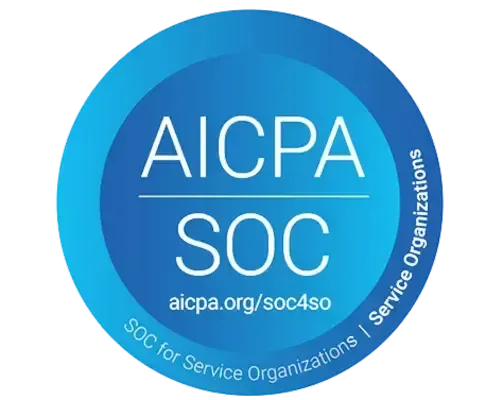Avoiding Discrimination During the I-9 Process
November 23, 2022
Avoiding discrimination is a key element of the hiring process that can be overlooked for several reasons. There are a number of ways in which an employer can discriminate against an applicant or a new hire, and it is up to human resources professionals to provide the training required to avoid such circumstances.

Recent cases have shown that just like the government's crackdown on Form I-9 violations through I-9 audits, discrimination can result in major losses for a company. For example, this year a Staffing company was found liable for more than 1,400 Form I-9 violations and was assessed a penalty in excess of $1.5 million. In addition to I-9 inspections conducted by Immigration and Customs Enforcement (ICE), employers should also be concerned about other government investigations concerning their I-9 practices.
Discrimination during the I-9 process can take place when employers request specific work authorization or employment eligibility documents. When verifying a worker's employment authorization, employers of any size are not allowed to demand more or different documents than necessary, request specific documents, or reject reasonably genuine-looking documents because of an employee’s citizenship, immigration status, or national origin. This is considered a form of discrimination under U.S. law and is enforced by the Immigrant and Employee Rights (IER) Division of the Department of Justice (DOJ).
A recent case of discrimination
Recently, a DOJ investigation conducted by IER found that during its I-9 process, a Maryland based janitorial services company routinely required specific documents from newly-hired non-U.S. citizens to prove they had permission to work in the United States.
The employer specifically requested lawful permanent residents to show their green cards, and asylees and refugees to show their work permits, to prove their permission to work. At the same time, the company allowed U.S. citizens to choose from among various acceptable document types. Under the settlement agreement, the company will pay a civil penalty of $300,000 to the United States.
The settlement also requires the janitorial company to train employees on the requirements of the INA’s anti-discrimination provision and subjects it departmental monitoring and reporting requirements for three years.
In a press release, Assistant Attorney General Kristen Clarke of the Justice Department’s Civil Rights Division stated, “Employers cannot treat employees differently because of citizenship, immigration status, or national origin when verifying their permission to work,”. “The Justice Department will continue to vigorously enforce the law to ensure that workers do not face discrimination when proving their permission to work in the United States.”
How can you avoid similar situations?
Avoiding document abuse is the first step to avoiding an I-9 discrimination lawsuit. Document abuse can come in a multitude of forms, and you should ensure employees are aware of all the possibilities in order to avoid discrimination. For example, over-documentation is the act of requesting more documents than what is required of the new hire.
Also, it is important to make sure you never turn down a document that appears genuine. It could be fake, but if it turns out that the document actually is real, then your company is likely to find itself in trouble. As far as document abuse is concerned, it is also important to avoid requesting a specific document.
This is probably the form of abuse that occurs most often, and it is easy to slip into thinking that this is okay. Make sure your staff knows that they cannot request specific documents from new hires. If a foreign national throws a pile of documents on a desk, with disregard for which ones are needed, even picking specific ones up could be seen as abuse. Make sure that you or your employees accept every document at the time they are provided and verify them later on.
However, keep in mind that there are special circumstances when you may hire a U.S. citizen over non-citizens. For instance, if your company is faced with a choice between a foreign national and a U.S. citizen who is equally qualified, choosing the U.S. citizen would not be considered illegal. Also, if a government contract requires that only citizens be hired, then it is completely fine to do so.
Learn more about the "List of Acceptable Documents" in our recent blog: Do you know your A, B, C's?
Get Compliant and Avoid Discrimination
Form I-9 compliance solutions can help you to avoid discrimination during the I-9 process in several ways. One way is making sure that you abide by the rules of documentation when completing Section 2 of the I-9.
Schedule time to see how it works.
The information provided in this article and on this website does not, and is not intended to, constitute legal advice; instead, all information, content, and materials available on this site are for general informational purposes only.

Learn More About Clear I-9
Contact Us
Thanks for contacting us. We'll get right back to you!
Oops, there was an error sending your message. Please try again later.






